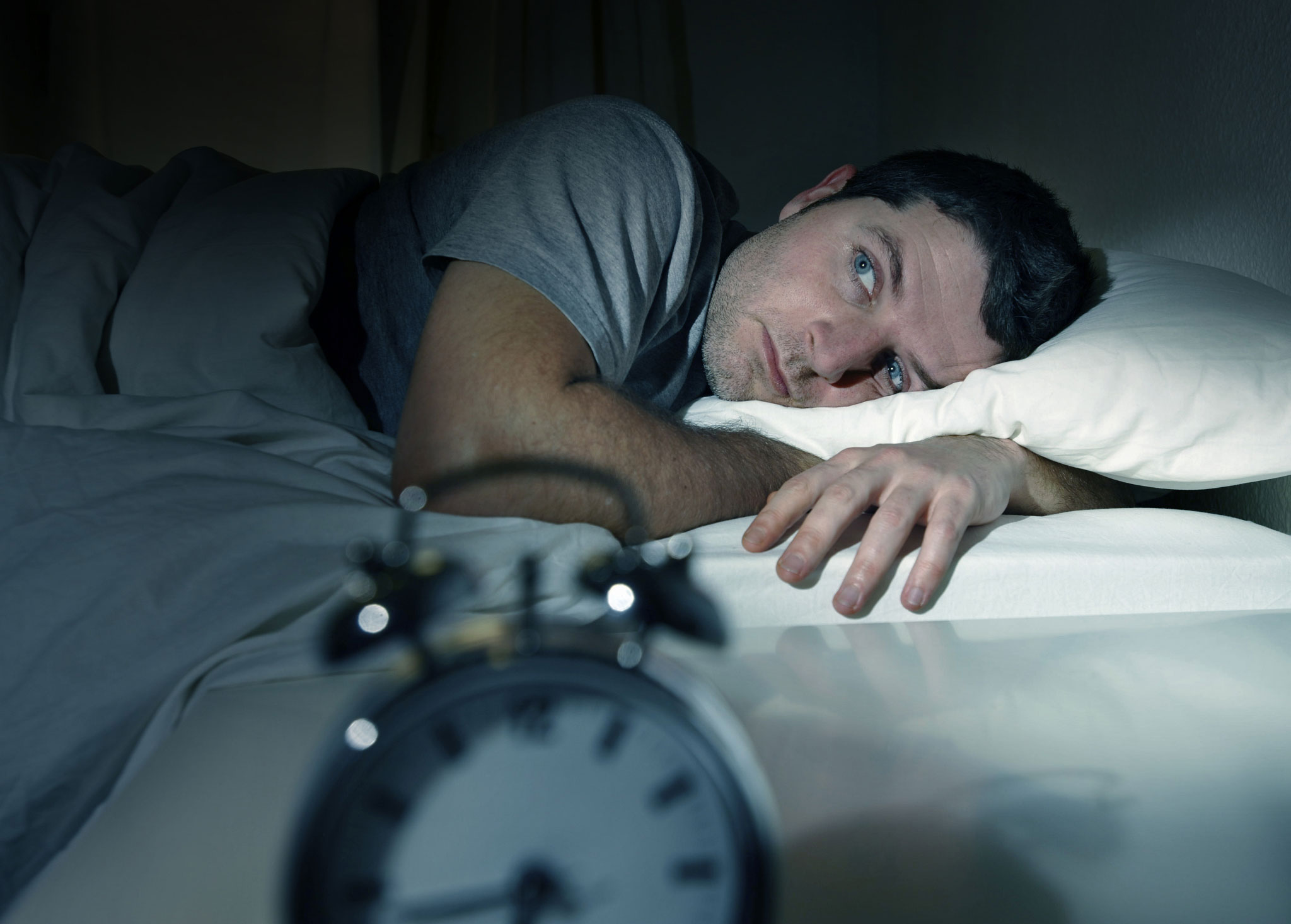Learn how to get rid of these misconceptions, and you will start to feel much better.
1. Get up to five hours of sleep a day
There are popular stories on the Internet about successful people who became great because they slept little. For example, Leonardo da Vinci, Napoleon, Dali. But only a few unique people can do this. Most people need sleep 7-9 hours – the exact number depends on age and personal preferences.
Sleeping less will not become a second Napoleon, but rather increase the risk of heart attack, depression, diabetes, and obesity, and seriously harm your cognitive function.
2. The more sleep, the better
This is the other extreme. According to research, persistent lack of sleep even after 8-9 hours of sleep is a sign of cardiovascular disease. Also, scientists have found that sleep-lovers have a risk of premature death and 30% higher than those who slept enough, but not more than 9 hours. So it’s as bad as not getting enough sleep.
Read also: How to Help Children Stop Having Trouble Sleeping
3. Happy couples sleep together
On many so-called “women’s” forums, you can find articles that say something like, “If he doesn’t hug you when he sleeps, then he doesn’t love you!” However, in practice, couples who sleep in different beds find themselves harder – simply because you get better sleep.
And the lack of sleep makes people irritable and provokes conflicts. In general, there is no shame in picking up your blanket and leaving the couch.
4. Drinking alcohol to sleep is a great idea
Not really; people who drink to sleep get confused circadian rhythms; they start to lie down and get up later. And that’s not to mention the risk of apnea (stopping breathing) during sleep, which alcohol increases. So if you can’t sleep, you better drink hot milk, but nothing stronger.
5. Sleep off on weekends
People who don’t sleep much, for example, because of work, often reason like this; “The week has been tough; I’m all overwhelmed … But nothing! I’ll sleep this weekend and be fine. ” No, you won’t.
A study at Harvard Medical School has shown that it is impossible to “catch up” the missed time. Sleeping an extra 10 hours on weekends and sleeping 6 hours on weekdays will give you the same concentration as someone who hasn’t slept all night. And this rhythm of life also leads to chronic sleep problems.
Another study says that to recover from one hour of lost sleep, a person needs to sleep normally for four days. And the weekend is unlikely to be enough for you. There is only one solution; go to bed early, sleep as much as possible (7-9 hours, as we have already said), and do not change this rhythm on the weekend.

6. TV helps you sleep
Many of us like to fall asleep while watching our favorite evening show; the quiet background sound is good for relaxing. And the function of automatic shutdown for this is provided in modern gadgets.
But research shows that people who fall asleep under the TV go to bed later, get more tired and sleep worse. The screen’s light does not allow you to fall asleep fully; you need complete darkness for healthy sleep. So, in the end, turning on the TV does more harm than good.
Therefore, if you hate falling asleep in silence, do not turn on the TV. Better start recording on your smartphone with white noise or barely audible conversations.
7. Sleeping during the day is good for your health
It all depends on how much you sleep. In general, taking a nap is really good because it reduces the risk of cardiovascular disease. But long sleep during the day is harmful. Research shows that people who sleep in daylight at the expense of nighttime sleep have an increased risk of diabetes, obesity, and even cancer.
Even one day spent in the rhythm of “awake at night, some sleep during the day” is applied serious damage to immunity and metabolism. Also, the habit of sleeping during the day knocks the circadian rhythms of the body.
In general, the US National Sleep Foundation recommends sleeping no more than 30 minutes during the day. Otherwise, you will then walk overwhelmed all day and have problems falling asleep in the evening.
8. People who do not get enough sleep lose weight
Usually, when it comes to people who don’t sleep well, we imagine painfully thin individuals with circles under the eyes, reminiscent of vampires. But this is not entirely true; in fact, sleep-deprived people tend to gain weight rather than lose it.
A short sleep time is one of the main factors affecting the risk of obesity. People who have sleep problems are more likely to are overweight. Therefore, if you are losing weight, you need to get enough sleep.
9. Snoring is annoying but harmless
Snoring not only interferes with others, but it can also indicate health problems, such as sleep apnea. The brain receives less oxygen and wakes up the body, so it doesn’t suffocate.
Thus, people do not get enough sleep, feeling tired all the time, increasing the risk of cardiovascular disease, high blood pressure, and problems with concentration. So if your loved ones complain about constant snoring, do not treat it with disdain and go to the doctor.
Also read: Why Sleeping 6 Hours a Day is As Bad As Not Sleeping at All
10. smart people invented the “Snooze” button on alarms
Forget that button; sleeping “just five minutes” after the alarm goes off is pretty bad. Fragmentation of sleep badly affects well-being, increases daytime sleepiness, decreases performance, and makes you feel depressed.
Yes, it will take a lot of willpower to get up right away, but this is necessary. However, you can help yourself by setting one of these alarms – then your smartphone will make you run to charge or take pictures of the refrigerator right after waking up.
Adapted and translated by Wiki Avenue Staff
Sources: Life hacker






